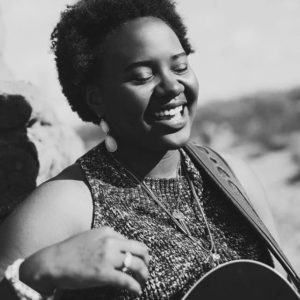
Statistics are an important part of how we think of drunk driving. Numbers are the way we choose to make our case. In Arizona, for example, some two hundred people die each year because of alcohol-impaired driving. That’s a quarter of all driving fatalities. Seventy-five percent of those had a blood alcohol concentration of .015 or above.
We could go on. But those numbers leave out the stories of the many lives affected by drunk driving. Last Friday a young woman from Gilbert, Arizona became one of those statistics. Keli Rutledge, an 18-year-old musician with a promising future and a head full of dreams, was killed in a two-car crash, caused by an apparently impaired driver.
Keli’s death shocked friends, who knew her to be not just a fine singer but a cheerful person with a buoyant, positive attitude towards life. One of her last Facebook posts announces Keli’s delight at being invited to tour with Christian rock musician Jordan Feliz. The tour is one of many plans and dreams that will never come to pass.
And this is why organizations like MADD work so hard to make people understand the consequences of drunk driving. This criminal practice doesn’t just cause arrests, jail sentences, injury and death. It makes music stop, friends disappear, families suffer, and gatherings turn from lively parties to somber memorials.
Not all people robbed of life and limb by drunk driving might be as talented as Keli, but they all had people who loved and cherished them. To honor them, we can work to end drunk driving in Arizona and the country:
- Education. Schools and other organizations can sponsor impaired driving awareness efforts which make people – especially young people – understand the consequences of drunk driving.
- Interlocks. Strong ignition interlock laws have been shown to save lives. States that require ignition interlock devices (car breathalyzers) for DUI offenders show a remarkable downturn in alcohol-related road deaths.
- Aid to victims of impaired driving. Mothers Against Drunk Driving not only supports the above efforts, but helps victims as well.
The statistics will always be at the ready to make the case for stronger anti-drunk-driving efforts. But let’s not forget the people who put life into the numbers, and music to the words.
